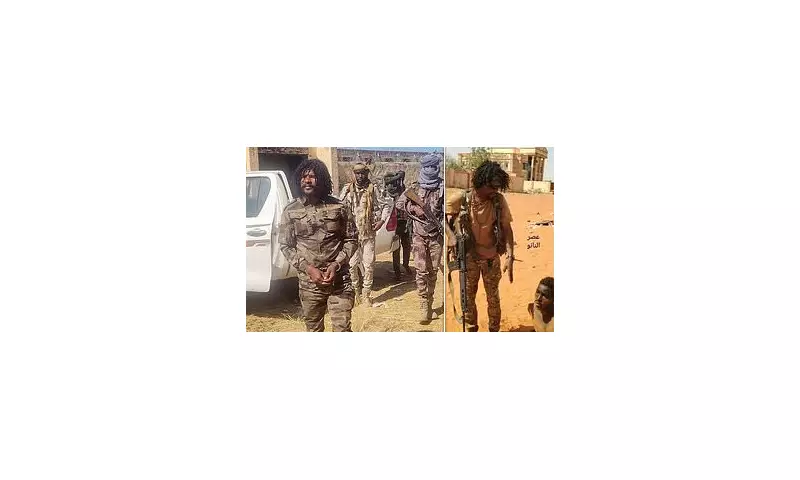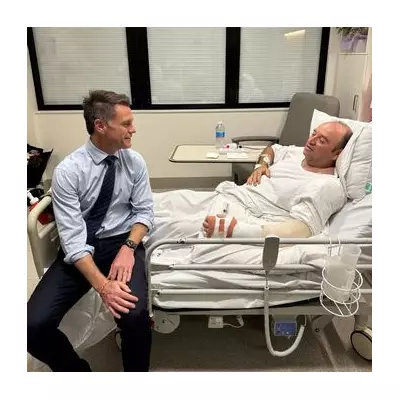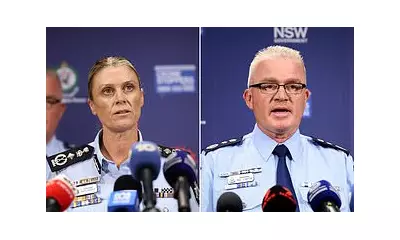
In a stunning development that bridges modern social media with age-old brutality, one of Sudan's most feared warlords has been apprehended after his own TikTok videos became evidence of horrific war crimes.
The Digital Trail of Atrocities
Mohamed Hamdan Dagalo, better known as Hemeti, earned the chilling nickname 'Butcher of the Century' for his role in orchestrating mass violence across Sudan's Darfur region. What ultimately led to his capture, however, wasn't traditional intelligence gathering but his own social media hubris.
The warlord reportedly posted numerous videos on TikTok showcasing brutal executions and boasting about the deaths of approximately 2,000 civilians. These digital confessions, meant to project power and terror, instead created an undeniable digital trail directly linking him to atrocities.
From Battlefield to Courtroom
International authorities moved swiftly after the social media evidence came to light. Hemeti now faces multiple charges related to war crimes and crimes against humanity. The case represents a landmark moment in how digital evidence can be used to prosecute individuals who previously operated with impunity in conflict zones.
Experts note that this arrest signals a new era where warlords can no longer hide behind the fog of war, as their own social media posts can become powerful evidence against them in international courts.
A Pattern of Brutality
Hemeti's forces have long been accused of systematic violence against civilian populations, but the TikTok videos provided graphic confirmation of methods that human rights organizations had documented for years. The content reportedly showed:
- Public executions of bound captives
- Forced displacements of entire villages
- Boasts about civilian death counts
- Weapons demonstrations with captives present
This case highlights the disturbing intersection of social media platforms and real-world violence, raising questions about content moderation in conflict zones.





